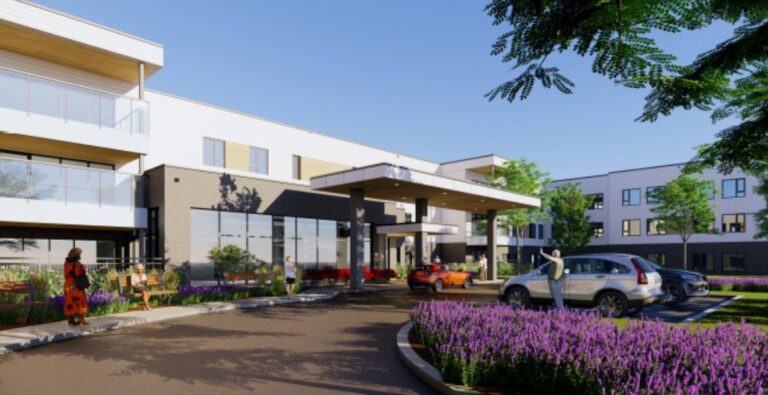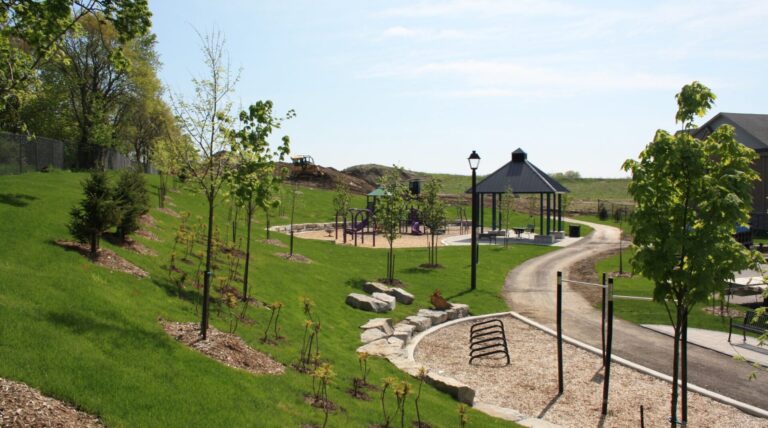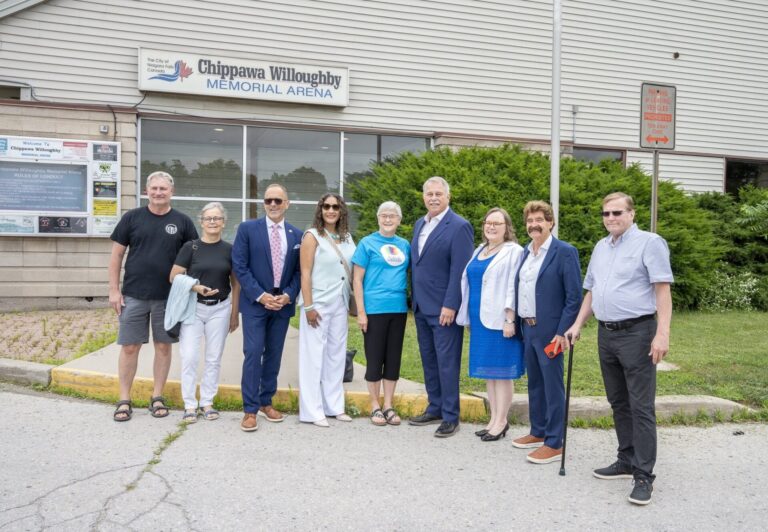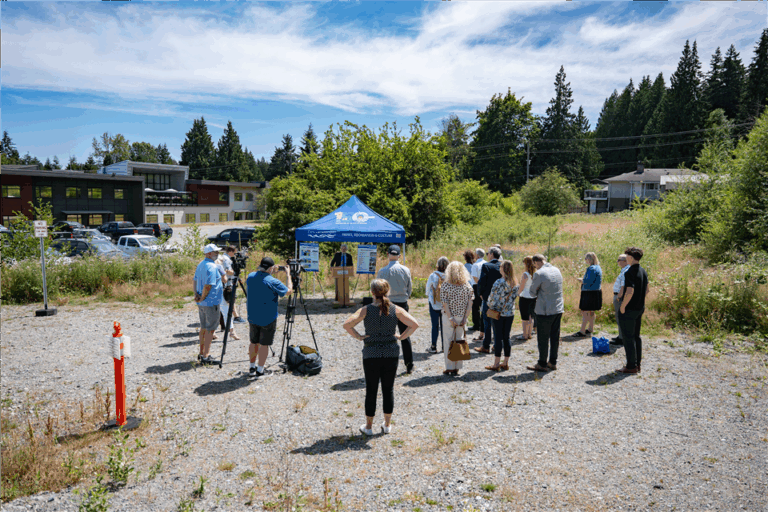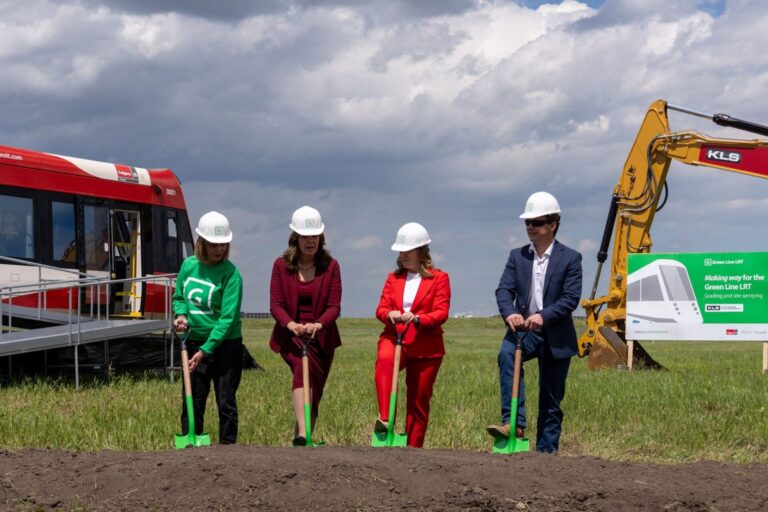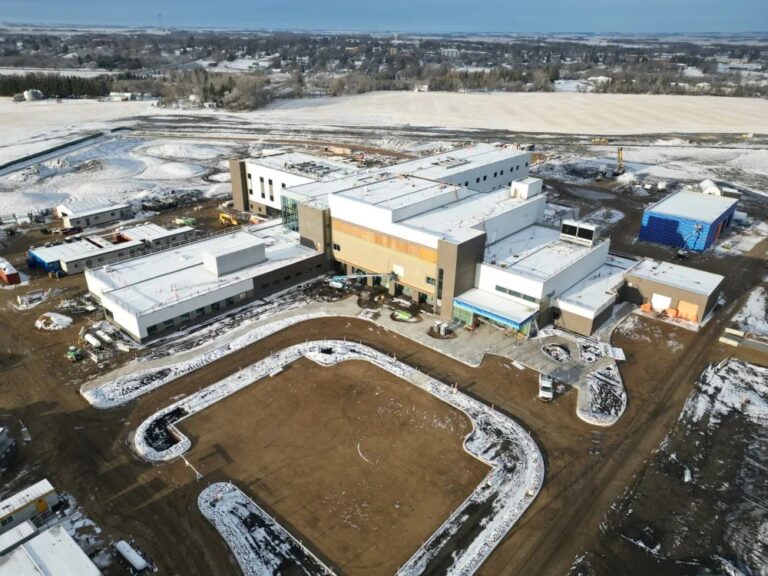With just a few months to go before the next provincial budget, Bitume Québec called on the Quebec government and Minister of Finance, Éric Girard, to show vision and boldness in future road investments, given the many shortcomings identified in particular by the recent Report of the Auditor General of Quebec (VGQ) : especially since, according to the Auditor General, these shortcomings can have repercussions on the general condition of pavements and the sustainability of the upper road network, recognizing that pavements are vulnerable to climate change and that 50 per cent of this network is in poor condition.
For Bitume Québec president Tytus Zurawski, it is more important than ever for government authorities to show foresight and, in the process, invest more to halt the wear and premature deterioration of pavements whose health index is still under downward pressure.
Despite the substantial sums devoted to pavement conservation, “these investments are less than the increase in the deterioration of road conditions,” notes the VGQ report. For Bitume Québec, the situation could become even more dramatic if the current level of investment remains unchanged: the road network’s asset maintenance deficit will increase significantly, and future generations risk having to bear the cost of interventions that could also result in a considerable increase in the cost of work to restore the condition of Quebec’s roads. Bitume Québec deeply deplores the fact that this pavement asset maintenance deficit (AMD) has risen dangerously, from $7 billion to $10 billion ($10B) from 2018 to 2022, widening the deterioration gap ever wider. 8,000 kilometers of pavement have already reached the end of their service life, which has increased by 8.9 per cent out of a total of 31,000 km for the entire network.
According to the document, the ministère des Transports et de la Mobilité durable (MTMD) must innovate “with the aim of improving the durability and quality of interventions, thereby extending the service life of pavements and promoting the sustainability of the road network.”
“Every dollar invested in rehabilitation avoids an average of between $13 and $15 in direct damage resulting from accidents and in indirect damage to the economy,” said Zurawski, who welcomed the Auditor General’s report, which validates the claims put forward by the association for several years.
Much of the rehabilitation work is not being carried out or is not part of a long-term plan. What is needed, therefore, is “a five-year intervention planning strategy and two-year programming.” Quebec has an obligation,” continues the organization’s president, “to maintain the relative health of the Quebec road network by introducing the concept of recurring investments in preventive maintenance, as is done in Ontario and several states in the American Northeast. Under the Plan Québécois des infrastructures (PQI) 2023-2033, investments of $31.5 billion are planned, including $24.4 billion for road network maintenance alone.
“We’ll have to see, despite the efforts made, how the road sector will be provided with sufficient budgets to overcome the asset maintenance deficit before we declare victory too quickly,” added Bitume Québec’s president.
Zurawski concluded by saying he hopes the Legault government would realize that our national road network is the backbone of Quebec’s economy and regional growth.
Featured image: Bitume Québec president Tytus Zurawski (right) and vice-president Serge Lefebvre have revised the recent report by the Auditor General of Québec (AGQ) on the state of Quebec’s road network, which indicates that, at the current rate of progress, it will take at least 25 years to rehabilitate the 8,075 kilometers of pavement that have reached the end of their useful life, out of a total of 32,000. (CNW Group/Bitume Québec)





